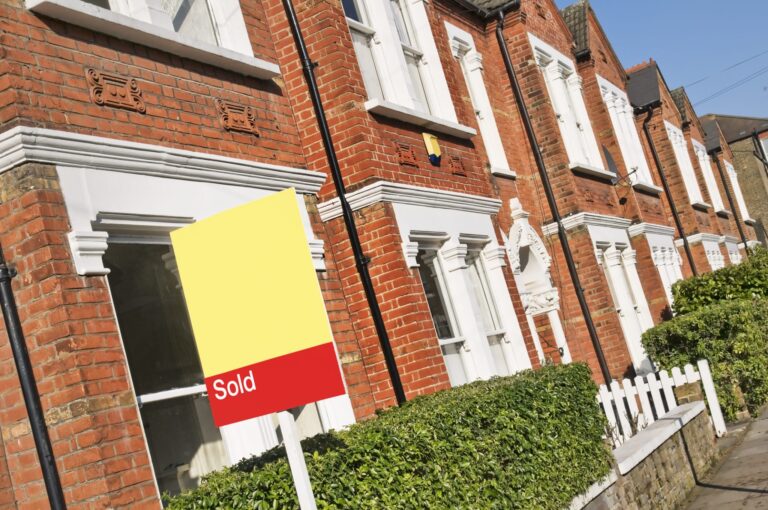Holiday lets have increased in popularity with landlords reviewing their portfolios, and new property investors looking for opportunities outside the traditional buy-to-let. For some, the dream of owning a second home in their favourite UK holiday spot is enough to tempt them to invest in the holiday let market.
The short-term lettings market has seen major growth over the past few years. Many holiday accommodation sites like Airbnb, Home Away and Owners Direct promise property owners higher returns than they can achieve on a buy-to-let investment, and year on year growth.
For property investors, short-term lets can be far more attractive than standard buy-to-let (BTL) from a tax perspective. A furnished holiday let is classed as a business. This means all expenses are deductible from the rental income before you calculate tax. Importantly for landlords stung by the recent tax changes on BTL, this includes the mortgage interest.
Specialist lenders
Borrowers looking to invest in a holiday let will need a specialist mortgage that caters for holiday lets. Traditional buy-to-let mortgages require properties to be let on Assured Shorthold Tenancy (AST) agreements, which don’t permit letting periods of six months or less. This means landlords seeking to convert an existing BTL will probably need to remortgage to convert a buy-to-let property into a holiday rental.
Holiday let mortgages tend to be offered by specialist lenders, rather than the big high street lenders. Bath Building Society, Furness Building Society, Leeds Building Society, Mansfield Building Society, Principality Building Society and The Cumberland all offer these mortgages. Of the 17 active lenders in this market, 11 lend to portfolio landlords and limited companies, as well as personal borrowers.
Applying for a short-term let mortgage
Most lenders will assess affordability based on AST rental income rather than the projected holiday let income. However, a few have started working from business projections for the holiday let, which helps some borrowers. Lenders require an income of £10,000 to £25,000 per year, some as much as £40,000, and at least a 30% deposit.
Homeowners Alliance uses the example of buying a holiday home worth £250,000. For this, a borrower will need a £75,000 deposit. The property will also need to generate at least £11,000 per year in rental income assuming an interest rate of 4.5%.
Lenders will also take into account borrowing across your entire portfolio, including home mortgage commitments. They may inspect your personal expenditure, tax returns and rental bank statements.
The type of property you buy will also affect your ability to get a mortgage. Your lender will want assurances that you can easily sell the property should you default on your mortgage. Therefore, holiday park homes and properties limited to just being a holiday home might not qualify.
Finding the best rates
Interest rates on a holiday let mortgage are higher than residential mortgage rates. They currently sit between 2% and 4% depending on the size of your deposit.
Hodge Bank launched its holiday let products range last year, offering lending from 75% LTV up to £1.5m. There’s no minimum personal income requirement, and an Early Repayment Promise waives the early repayment charge when selling.
Mansfield Building Society has reduced its holiday let two year discounted rate to 95% LTV. Borrowers benefit from a 0.20% reduction, making the initial pay rate 3.45% variable.
Borrowers seeking a competitive short-term let mortgage should seek specialist broker advice to get access to the best rates. But with the market forecast to grow 4% year on year, lenders are gearing up to compete. This means borrowers could find some attractive deals.
Could coronavirus impact staycations?
The UK is now in the “delay” phase of its plan to tackle coronavirus (or COVID-19). It hasn’t generally restricted travel apart from to highly affected areas, and public gatherings have not yet been banned.
But for many people, the prospect of going on holiday abroad could seem unlikely in the near future. Some will opt to stay in the UK to avoid risk, while others may need to cancel trips that they are now advised against taking, such as to Italy.
As such, there could be an increase in people keen on a staycation this year. An additional benefit is that, in many cases, a short-term holiday let can require no human interaction. This could be useful when people are self-isolating. For example, booking, payment and any queries can take place online or via an app, such as Airbnb. Keys can also be stored in a lock-up with a code, so holiday let owners do not need to be present at any stage.
Read more about how coronavirus could impact the housing market here.









